
In the 21st Century, mental health disorders like stress, anxiety and depression have become a part of our daily lives. According to recent findings by the National Comorbidity Survey (https://www.hcp.med.harvard.edu/ncs/) the lifetime prevalence for anxiety and mood disorders stands at 31.2% and 21.4%, respectively. In addition, millions of healthy people experience intense negative mood states without having a psychological disorder. These findings are important not only because of the high number of individuals affected but also because of the negative consequences anxiety and mood disorders have on wellbeing, leading, in the worst case scenario, to serious restrictions in the professional, social and personal life.
The high prevalence of anxiety, stress and depression in the general population and the severe limitation it causes, point towards the need to design, develop and implement new strategies to cope with it in a more efficient way.
Despite having a large body of empirical evidence that supports the utility and efficacy of relaxation techniques to reduce negative emotions, they present some limitations:
Fortunately, emerging technologies like Virtual Reality (VR) can be used to facilitate the relaxation process in both clinical and non-clinical populations. First, the presentation of VR relaxing scenes provides more real and vivid experiences than those that most users can recreate using their own imagination and memory. As a consequence, the user will experience more perdurable and intense emotions than ever before. Second, VR offers secure and controlled scenarios where the users can practice a variety relaxation techniques at their own pace and as many times as required to master the techniques. Finally, there is enough scientific evidence showing that skills learned within a virtual world (e.g. relaxation skills) are easily transferred to the real world.
After two decades of intense research, VR has been established as a powerful tool for the treatment of a variety of psychological and behavioral issues. In particular, controlled studies have already shown that this technology increases the efficacy and efficiency of the most traditional relaxation techniques.
It is in this context that Relax VR has been designed and developed. Relax VR is aimed at helping anyone who wants to relax and to reduce negative emotions like stress and anxiety. By combining peaceful 360º videos of natural scenes, binaural beats music with well-validated meditation techniques (like Yoga Nidra), and essential oil blends specifically designed for each virtual environment, users are able to relax their bodies and minds at any time of the day. Users of the app can learn and practice relaxation techniques within a variety of serene scenes which they can then apply in stressful situations in daily life. As a result, users can improve their emotional wellbeing and quality of life!
